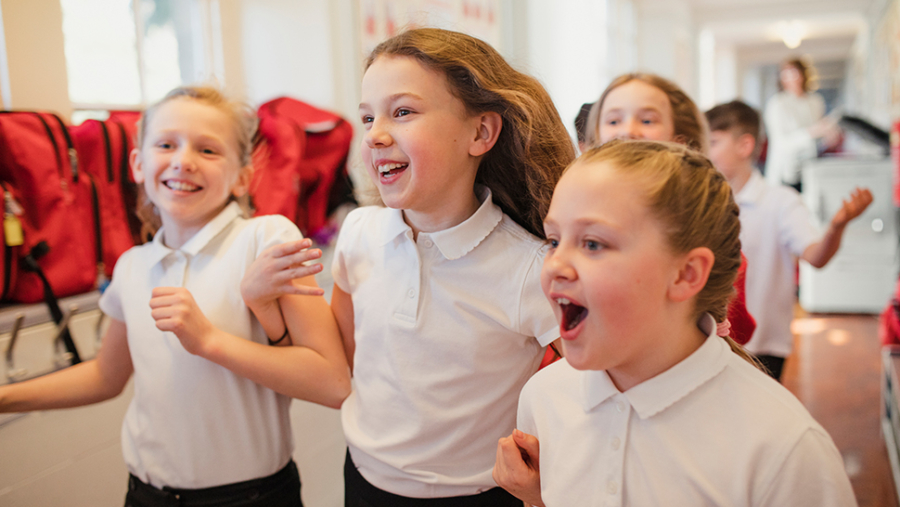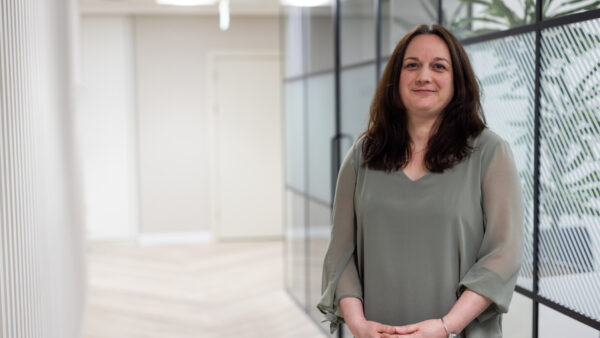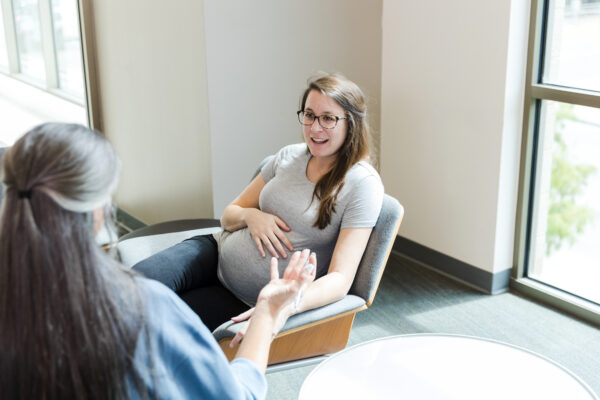

The Department for Education (DfE) has updated its guidance note from July 2020. ‘SEND and specialist settings: additional Covid-19 operational guidance’ provides guidance for leaders and staff of:
- Special schools, including non-maintained special schools
- Specialist units in mainstream schools and colleges
- Specialist post-16 institutions
- Alternative provision (including hospital schools)
Independent schools and non-maintained special schools are expected to follow the control measures set out in the guidance in the same way as state-funded schools.
2022 updates
Since the start of 2022, several updates have been made to the guidance to reflect the changing nature of Covid-19, including the Omicron variant. Some of these changes include updated advice to reflect the removal of plan B restrictions. This includes testing, the use of face coverings and the reporting requirements where a student is not in their setting.
Testing and tracing close contacts
As part of the updates which have been made since the start of 2022, the guidance note ‘rapid asymptomatic testing in specialist settings’ has been updated to reflect that staff, pupils and students of secondary school age and above should continue to test twice weekly at home with lateral flow device test kits, three to four days apart. However, there is no need for primary age pupils to test. Where possible, settings should maintain an on-site asymptomatic testing site.
Testing is not mandatory, and no secondary age student should be tested unless informed consent has been given by the appropriate person, and the student is willing to be tested. If assisted swabbing is required, the willingness and feasibility to swab should be reviewed and risk-assessed each time.
If a pupil or student has a positive lateral flow or PCR test result, but does not have any of the main symptoms, they should stay at home and self-isolate even if they have received one or more doses of the vaccine.
For clarity, children under five years old who are identified as close contacts are exempt from self-isolation. They do not need to take part in daily testing, but are advised to take a PCR test if there is a positive case in their household.
Face coverings
One of the biggest changes since the start of the year centres on the wearing of face coverings. Whilst the government was recommending they should be worn in classrooms where possible as a temporary measure, from 20 January 2022 face coverings were no longer advised as needing to be worn in the classroom.
In addition, whilst the government was recommending that face coverings should be worn by pupils, students, staff, and adult visitors when moving around the premises, this no longer applied from 27 January 2022. From that date, staff and pupils should follow wider advice on face coverings outside of school, including on transport to and from school or college.
Isolation requirements in a residential setting
If a pupil in a residential setting shows symptoms or tests positive, they should usually self-isolate in their residential setting. Only in exceptional circumstances should a pupil self-isolate away from school.
Children outside of setting
The guidance has been updated to provide clarity in respect of reporting requirements where a child or young person is not in their setting. Residential schools and special post-16 institutions are expected to continue to maintain full attendance of all pupils and students. If some pupils or students need to be sent home, the home local authority must be informed immediately and a register of pupils and students who have been sent home should be kept.
Where a young person or children does return to the family home, the setting should continue to provide all necessary health and therapy support.
Home to school transport
In terms of home to school transport, the guidance has been updated to confirm that some local authorities have asked parents to accept personal travel budgets or mileage allowances to take their child to school or college. This remains permissible with the parent’s consent.
Practical steps
In order to combat the spread of the virus, special education settings should work closely with parents, carers, staff and unions when agreeing the best approaches for their circumstances. This is particularly important in SEND and specialist settings where the needs of pupils and students may make testing or the wearing of face mask more challenging.
Whilst the guidance has been updated frequently, the key steps which specialist settings should take to combat Covid-19 remain largely unchanged:
- Ensure that an appropriate outbreak management plan is in place, clarifying the steps that will be taken in the case of an outbreak either in the education setting or in the local area
- Update and review risk assessments so that they reflect the most recent advice
- Maintain satisfactory control measures throughout, until public health advice confirms otherwise
It should also be kept in mind that the current Covid restrictions were set to be in place until 24 March 2022. However, the government has recently announced plans to end current Covid-19 rules earlier, which would removing the requirement for individuals to self-isolate if they have symptoms or test positive. A new strategy will be outlined and restrictions may end in late February. Therefore, all current Covid-19 guidance is subject to change or complete revocation in the next few weeks.










